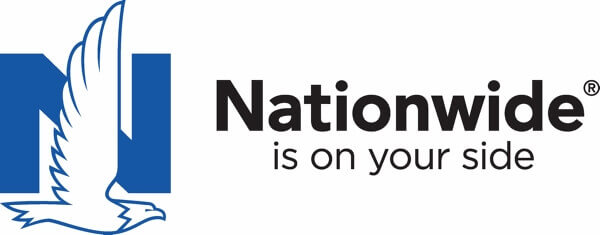

Home insurance, check. Car insurance, check. Rental property, recreational vehicle, check and check. Why – with all of this primary coverage – would a person consider adding a Personal Umbrella Insurance policy? In fact, you're probably asking, "What is Personal Liability Insurance?" Simple, this liability insurance policy fits over your primary policy, providing protection on an excess basis when the primary policy doesn’t cover the unforeseeable to its full extent. Some days are just rainier than forecasted ...







A person's primary coverage is typically part of his or her personal automobile and homeowner's coverage. Primary refers to the fact that in the event of a loss, the liability portion of your auto or homeowner coverage is the first to respond. Umbrellas or excess liability policies respond to an eligible loss only after the primary insurance has paid its limit.
In most cases, your primary insurance limits will provide more coverage than you ever need, but sometimes, the unpredictable happens, and your typical coverage won’t cover all of the losses sustained. For instance:
Generally, umbrellas provide coverage for any amount of a loss that exceeds the primary policy's deductible. However, when handling a loss that is not covered by primary insurance, a special kind of deductible called a self-insured retention (SIR) may apply. An SIR is the dollar amount you have to pay before the umbrella coverage is triggered.
Of course, umbrellas don't always work as named. Your policy may just provide additional amounts of coverage to supplement existing protection. This is how an excess policy performs. Excess policies respond the same way as a primary policy. In such cases, an umbrella may “follow the underlying coverage.” This means that the umbrella covers only the situations covered by its underlying coverage. In this case, the umbrella also excludes a loss that's excluded under a primary policy.
While in many instances umbrellas provide broader coverage, only a careful evaluation of the actual policy wording will reveal the extent of the additional protection. So, do you feel any rain drops?